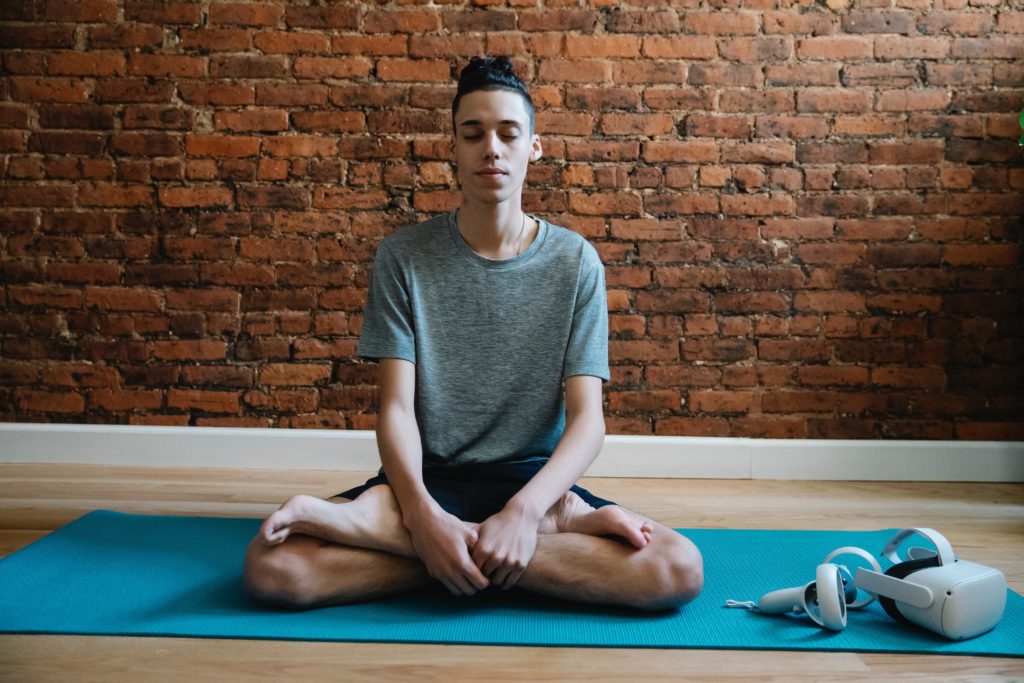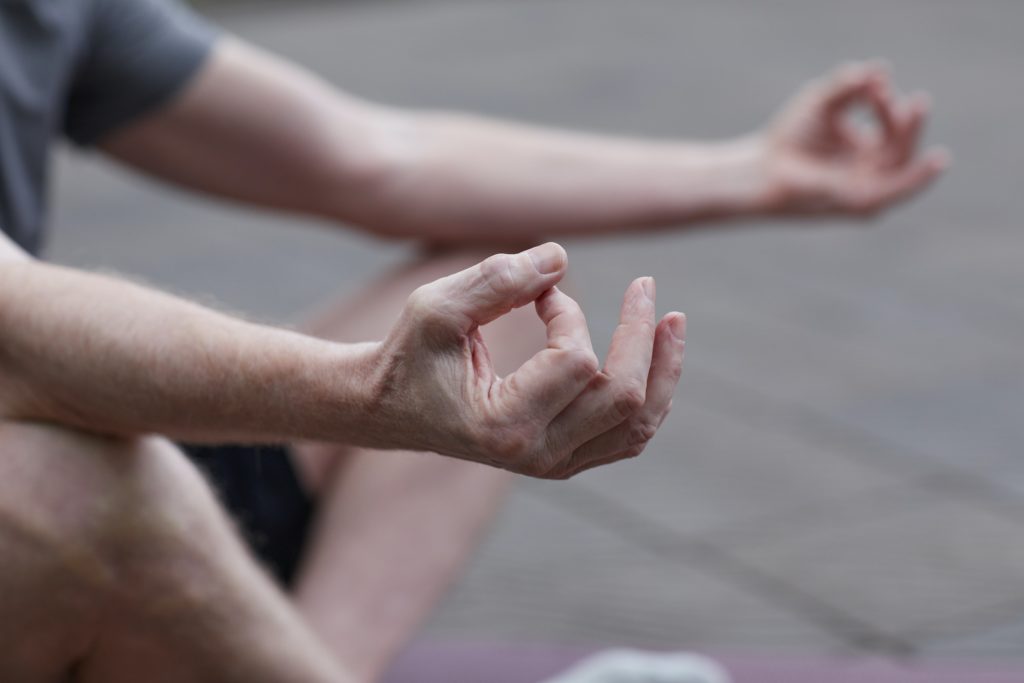If you’re new to meditation or thinking about starting, you might be wondering how long you should meditate to get genuine results. You might also wonder how long meditation takes to work. Meditation might be challenging at first. But the benefits arrive quickly enough, and they improve gradually. Read this article to find out how long it takes to get the benefits of meditation. I’ll also show you how to get the most out of meditation by combining it with other activities.

Table of Contents
Effects of state and trait
There is a crucial distinction to be made between the two sorts of effects you may experience as a result of your meditation practice. The first of them is the state impact. Meditation, in other words, softly affects your state of awareness. The transitory state impact can be seen during practice and then fades away.

The trait effect is the second sort of effect. When you meditate on a regular basis, it changes your neurological system, internal chemistry, and even genetic expression. Physically, the states brought forth become cemented. This generates a positive loop since your improved physiology will make you a better meditator.
The amount of time you devote to meditation is critical to the outcome
The question of how much you should meditate is important since it is one of the most important determinants of the outcome of your practice. The quantity of practice you collect is determined by the frequency and length of your meditations. The amount of time you devote also determines how long meditation takes to work.

Making meditation a regular habit is critical. It is preferable to meditate infrequently but intensely than to meditate infrequently yet passionately. If you want to get the true advantages of mindfulness-style meditation, once a day is a wonderful pattern.
It takes minimum amount of time to show little real-world effect
Scientists can evaluate the effects of meditation after only a few minutes. However, as a beginning, these effects are minor, and you will quickly return to your regular condition when the meditation is over. You want more than just measurable results. You want impacts that are noticeable.
If a scientifically measurable impact can be detected in a few minutes, how long do you need to meditate to feel meaningful effects? Excited novices often remark that meditating for five minutes a day, or even less, has a noticeable influence on their life. However, I am skeptical about the efficacy of such a procedure.
Though such brief meditations have a little measured effect, the reported benefits are primarily due to the placebo effect and one’s favourable expectations. I would think that at the absolute least, 10 minutes of daily meditation is required to have a subtle yet perceptible influence on oneself.
Some teachers justify mini-meditations by stating that “little is better than nothing.” I believe we can lift the bar a little higher. There is generally a lot you can give up in order to create time for meditation.
You can entirely counteract the negative effects of stress
If you want to reap the full advantages of meditation, you should listen to Herbert Benson, a pioneering meditation researcher at Harvard Medical School. He was the first to uncover the beneficial benefits of meditation on our bodies and nervous systems. Benson refers to the impact of meditation as “the relaxation response.”

Dr. Benson claims that 20 minutes of meditation twice a day can counteract the negative effects of stress. This amount, I believe, is a decent beginning point for a solid habit that can fit into the lives of the majority of us.
How long does it take to experience effects from meditation?
Most individuals find meditation to be extremely discouraging at first and keep wondering how long meditation takes to work. You are bothered by restlessness, body pain, and racing thoughts. When one is at this stage, it is easy to become discouraged and wonder when the results will arrive. The length of time you must continue depends on the length of your sessions and the frequency with which you meditate. You should see positive outcomes in a few weeks to a couple of months with a daily practice of 10 to 20 minutes.
Make use of the early benefits
Your sessions will become more joyful as your practice grows, and you should be able to perceive the state impact both during and after the sessions.
As you meditate, you will be able to feel how mental tensions evaporate, giving you an inner lightness. Your ideas will be less thick and intrusive. You will be able to recognize them as ephemeral thoughts and ideas rather than as a permanent part of your identity. You will experience an energetic excess once the energy locked in ideas is liberated.

Physically, your stress level will decrease, and your parasympathetic nervous system will be more readily activated to begin natural healing. A stronger parasympathetic nervous system will improve your overall health and make you more resistant to infections. Mentally, your anxiety will decrease, allowing you to handle life’s obstacles with greater peace.
Furthermore, as a frequent meditator, you will find it simpler to focus and more natural to be present in whatever you have decided to do right now and get the answer to the question of how long meditation takes to work.
It is a thousand-mile journey
Long-term meditators have exceptional characteristic effects, according to scientific studies. Obtaining such results may have been your initial motivation. Subjects that display these characteristics, on the other hand, tally their total meditation time in the thousands, if not tens of thousands, of hours.

According to a Chinese saying, even a thousand-mile trip begins with a single step. If you want to reap the long-term benefits of meditation, you’re in luck: time is on your side. You’ll soon be able to consider yourself among expert meditators if you work hard enough. It would only take you a little more than four years to finish your first thousand hours if you followed the suggestions and worked 40 minutes every day. So instead of thinking about how long meditation takes to work, you should start meditating and see the results yourself.
How much meditation is beneficial for you?
The more meditation you can fit into your schedule, the better. But, in the end, your living situation and drive will determine how much is appropriate for you. You risk becoming disheartened if you push your meditation practice beyond what is compatible with your motivation level. You intend to make meditation a lifetime endeavor. Doing a bit less than I want to do has always worked for me. As a result, I am constantly ready to practice more.
Meditation has numerous benefits and advantages. If you’re looking to start meditating or build your practice and you want to get started on your journey of guided meditation or meditation at home, we can help.
Evolve has over 50+ guided meditation audios designed to make it light, refreshing and easy to learn. The Evolve app is now live globally on Android & Apple, click here to try for free!
Click the links below to read more articles
Guided Meditation vs Self-Guided Meditation
Meditation For Higher Self-Esteem
Daily Meditation- How to Practice and What are the Benefits?
Co-founder and brains at LeapX by C32 Media Labs
Mail at sarah@c32.media to connect with her.